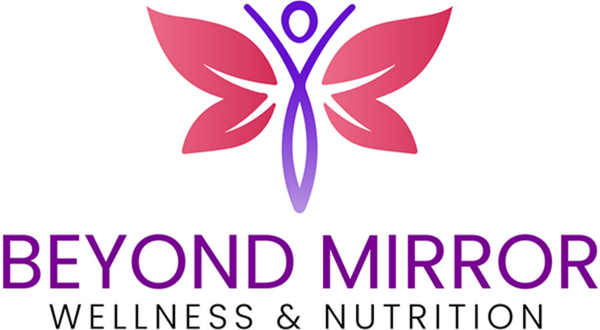Beyond Mirror's Service
Gluten / Lactose Intolerance Management
WHO has found that food sensitivity or food intolerance is on the rise since the past 2 decades. Initially, the average number of cases of intolerance in India was only 1-2 percent. But over the years it has been increasing constantly.
Food intolerance or food sensitivity occurs when a person has difficulty digesting a particular food. This can lead to symptoms such as intestinal gas, abdominal pain, or diarrhea.
Gluten is a protein present in wheat, barley, and rye. Gluten intolerance, also known as Celiac disease, is an autoimmune disorder in which your immune system responds abnormally to gluten. With time, over the repeated use of gluten, the immune reaction to eating gluten creates inflammation that damages the lining of the small intestine. This leads to other medical complications. It also prevents absorption of the other nutrients (malabsorption). The classic symptom is diarrhea. Other symptoms include bloating, wind, fatigue, low blood count (anemia) and osteoporosis. But sometimes many people have no symptoms.
The other condition is known as Lactose intolerance. Lactose is a type of sugar (main carbohydrate) that is present in milk and other dairy products. Just like gluten intolerance, People with lactose intolerance don't make enough of the enzyme lactase, which is needed to digest lactose. Common symptoms are stomach ache, gas, bloating and diarrhea.
You may develop one or both conditions at a time. Since intolerance is a complete food base condition, the diet has a major role in managing your health. Because the list of food which you can eat is very limited now, you need to know how you would be able to manage your nutritional balance with limited foods. If you do not eat an adequate and balanced meal your body will develop several food deficiencies and this may lead to major health conditions.
Beyond Mirror
Book A Consultation

